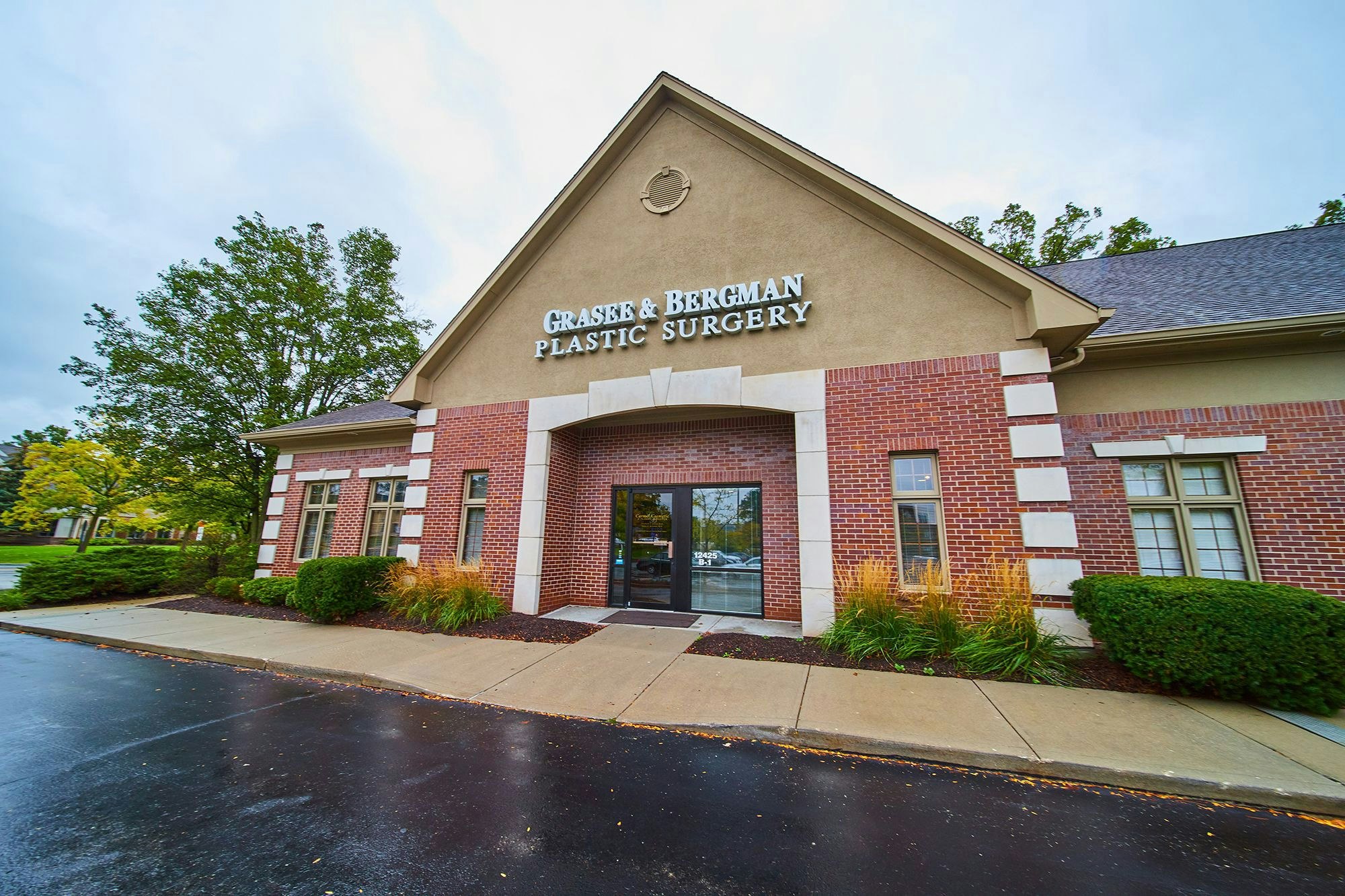Silicone Gel vs Saline Implants
Silicone Gel vs Saline Implants
After deciding to proceed with breast augmentation or breast reconstruction, women frequently have questions regarding the types of breast implants available. Both silicone gel and saline implants are FDA approved and available. All breast implants have exterior shells made of silicone, a rubber-like material. The implants are filled with one of two substances: silicone gel or saline. The implants are then surgically most commonly implanted under the pectoralis major muscle. Below you will find a comparison of silicone gel implants and saline implants.
History of Saline and Silicone Gel Implants
Both saline and silicone implants have been used since the 1960s. From 1968 (when silicone gel implants were introduced) to 1992 (when silicone gel implants were temporarily banned by the FDA) they were the overwhelmingly most popular type of implant due to their extraordinarily natural look and feel in most women. In 1992, FDA called for a voluntary moratorium on the sale and use of silicone breast implants based on concern that they might cause auto-immune diseases such as lupus and rheumatoid arthritis. Later that year, the agency lifted the moratorium, but stated that silicone-gel-filled breast implants should be available only for women seeking breast reconstruction after breast cancer treatment or revision of an existing breast implant. Implant makers were instructed to conduct studies on complications and safety in women who received the implants under these restrictions. Access to silicone-gel-filled breast implants was restricted for 14 years.
From 1992 t o 2006, saline filled implants with solid silicone shells, also known as saline implants, were the only option available to women in the United States seeking breast implants for augmentation. Again, women requiring breast reconstruction were allowed to choose silicone gel implants if their reconstructive surgeon participated in the study protocol laid out by the FDA. It should be noted that despite the controversy in America throughout that time, silicone gel remained the implant of choice for women in Europe, South America, and Canada.
In 2006, the FDA lifted the restriction on silicone gel breast implants after it was presented with substantial evidence that silicone gel implants did not cause or increase the risk of autoimmune diseases. It was determined that a woman’s risk of developing auto-immune diseases was the same whether she had silicone gel implants or no implants.
Despite FDA approval in 2006, the FDA required participation in a post approval study tracking patients with silicone gel implants until 2008. Tracking of patients with silicone gel implants continues even today although patients are not part of a formal study.
The Choice is Yours
Ultimately, the choice between silicone gel implants and saline implants is yours. Both implants are safe and effective. At your consultation you will be able to handle both implants and after weighing the pros and cons of each you will be able to make the best decision for you.






